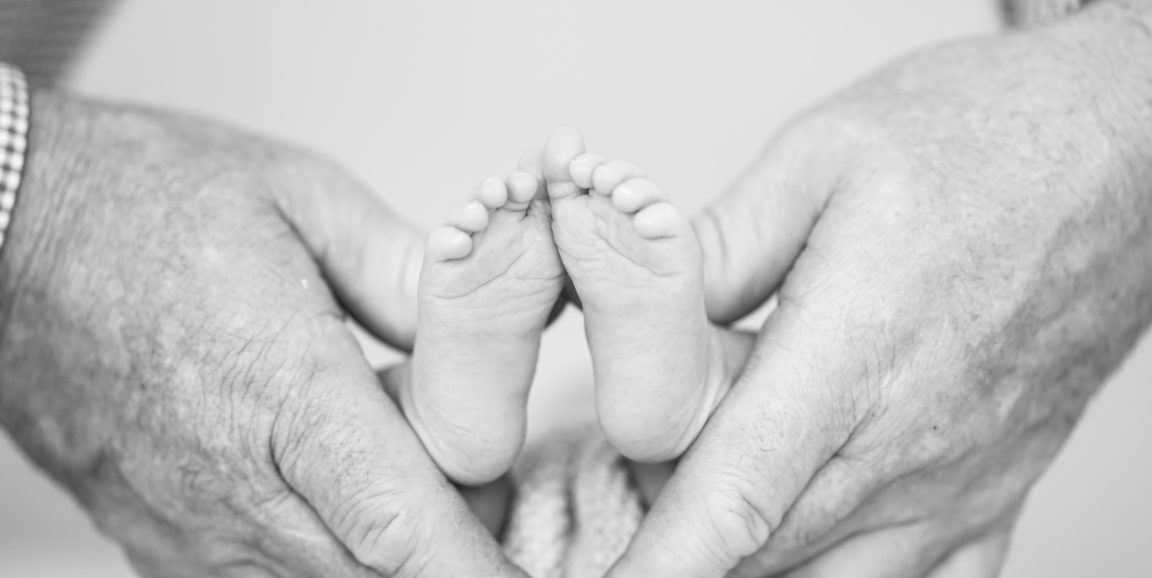A new study from Stanford University links older dads to increased birth risks -- such as seizures and premature birth -- in newborns.
What's more, there's even an association between the father's age and the mom's chances of developing diabetes while pregnant, although the mechanism for this is still unclear.
The insights come from a retrospective study that tracked a decade of data on live births and a variety of infant health parameters in the United States. From our release:
Data from more than 40 million births showed that babies born to fathers of an 'advanced paternal age,' which roughly equates to older than 35, were at a higher risk for adverse birth outcomes, such as low birth weight, seizures and need for ventilation immediately after birth.
Generally speaking, the older a father's age, the greater the risk. For example, men who were 45 or older were 14 percent more likely to have a child born prematurely, and men 50 or older were 28 percent more likely to have a child that required admission to the neonatal intensive care unit.
The study, which was led by Michael Eisenberg, MD, professor of urology, is published in The British Medical Journal.
Overall, Eisenberg said, these numbers aren't reason for panic. The increased risks are sort of like buying lottery tickets, he explained. If you were to buy two lottery tickets instead of one, technically your odds double. But in the grand scheme of things, your chances of actually winning the lottery are still very low. It's an extreme example, but the concept can be applied to how you think about these increased birth risks.
More than anything, Eisenberg hopes that the numbers will serve as a resource for education. "What's important is that people have access to new research like this so that they can have an informed discussions when planning a family," he said.
For now, the evidence from the study is just an association, a strong one, but still not proof that advanced paternal age is the direct cause for any of these increased birth risks. In future studies, Eisenberg plans on investigating some of the possible mechanisms at play to glean a better understanding of how a father's age might influence the baby and the mother's health.
Photo by Lisa Cope




